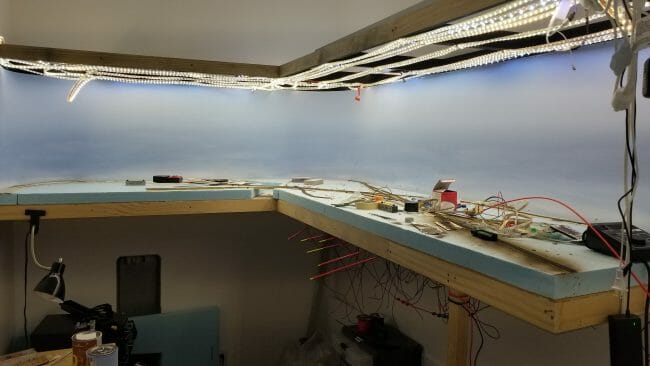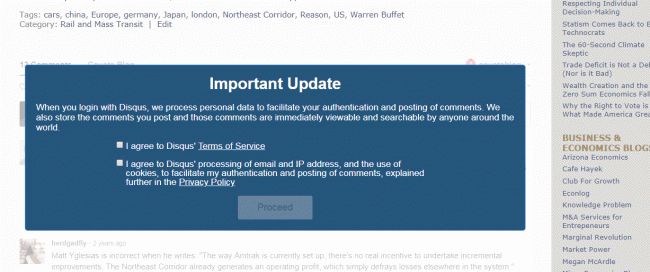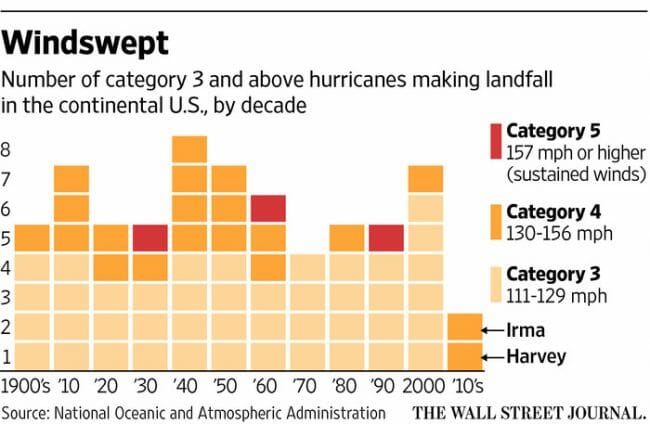Your In-Office Entertainment This Week
UPDATE: I had the wrong link. The call is Wednesday but at 2:30 Pacific after the market closes, which makes more sense. Like many companies, Tesla likes to dump the quarterly financials, dozens of pages in 8 point font, just seconds before the conference call.
If you are sitting in your office this week and need to be entertained in a way that looks like you are working, consider the Tesla investor conference call Wednesday at 2:30 PDT. I can't guarantee anything but past conference calls have been a circus. Normally I would expect the Tesla Board or the corporate counsel (who is Musk's divorce lawyer, lol) to bring adult supervision to the party, but so far that has not happened in any Tesla communications to date. Expect potential discussion around:
- Tesla's immediate external capital needs, given that they are burning cash faster than you could actually physically burn it (Musk claims zero is needed but everyone else in the free world thinks its >$2 billion, with a huge part of Tesla's existing debt also expiring and needing to be rolled over soon)
- Model 3 order blacklog (this was the question in the last call that caused Musk to tell the experienced Wall Street analyst to shut up and then he switched to taking questions from a Youtube fanboy
- Model 3 production rates and quality issues
- Gross margins. They HAVE to get higher for survival. Particularly since Telsa has chosen to eschew traditional dealer networks so corporate bears all the cost of service and support. This demands Tesla not only get its gross margins as high as other auto makers, they need to be higher.
- Expiration of tax subsidies -- the $6500 government tax credit for Tesla customers slowly disappears once their 200,000th EV has been sold in the US, which has happened.
- The disappearance of the $35,000 Model 3 from the web site (this is the promised car that generated a lot of the Telsa hype in the first place)
- Disappearance of all those other teased products (coupe, semi) that were released to great fanfare and have not ever been mentioned again
- ZEV credits (these are credits it gets from states like CA that other car makers have to buy to do business in those states with gasoline vehicles). These are odd ducks as they have a lot of value but for some reasons do not show up anywhere on the balance sheet, so one doesn't know they even exist until Tesla chooses to sell them for a LOT of money. They can flip a single quarter positive by saving these and exercising them at the same time. Most folks see this happening in a bid to make Q3 profitable. (By the way, anyone out there that understands by what accounting rules these valuable assets don't get put on the balance sheet are encouraged to email me the answer).
- Introduction of competitive products (Jaguar, Volvo, and pretty much everyone else soon)
- Pending lawsuits from both shareholders and whistle-blowing employees
- Implosion of SolarCity (now part of Telsa) such that new installations are on a trend line towards zero
- (unlikely but someone should really ask) Musk's silencing of critics
- (unlikely but someone should really ask) Musk's social media demeanor, including calling the Thai rescue hero a pedophile because he did not use Musk's goofy submarine
Tesla is a train wreck I cannot take my eyes off. Unlike Theranos, which combined a product that didn't work with a screwed up management, and which operated in the dark, Tesla combines what has been a really good product with a screwed-up management, and operates in an absolute blaze of publicity. I have never seen any stock where sentiment was so polarized between bears and fan-boy bulls (Herbalife, maybe?)
I have a personal metric of sentiment and volatility I invented but I am pretty sure has been used since before I was born. Anyway, I look at the sum of the price of an at-the-market put and at-the-market call for the stock about 6 months out. I then divide this combined price by the share price. For Tesla January options, this comes to 31%. This is really a huge number. Take ExxonMobil, which has a lot of split sentiment right now (a historically fabulous company that keeps screwing up its quarters recently) this metric sits at 9%.
Disclosure: I am in and out of short positions on TSLA, typically selling around 350+ (usually after Musk has honeytrapped the fan boys) and covering in the 290-300 range (usually after real news or a Musk meltdown). This strategy has been profitable for 2 years but I think that is coming to an end. TSLA is either going to fall more or stay high based on what it does in the 3rd quarter.







